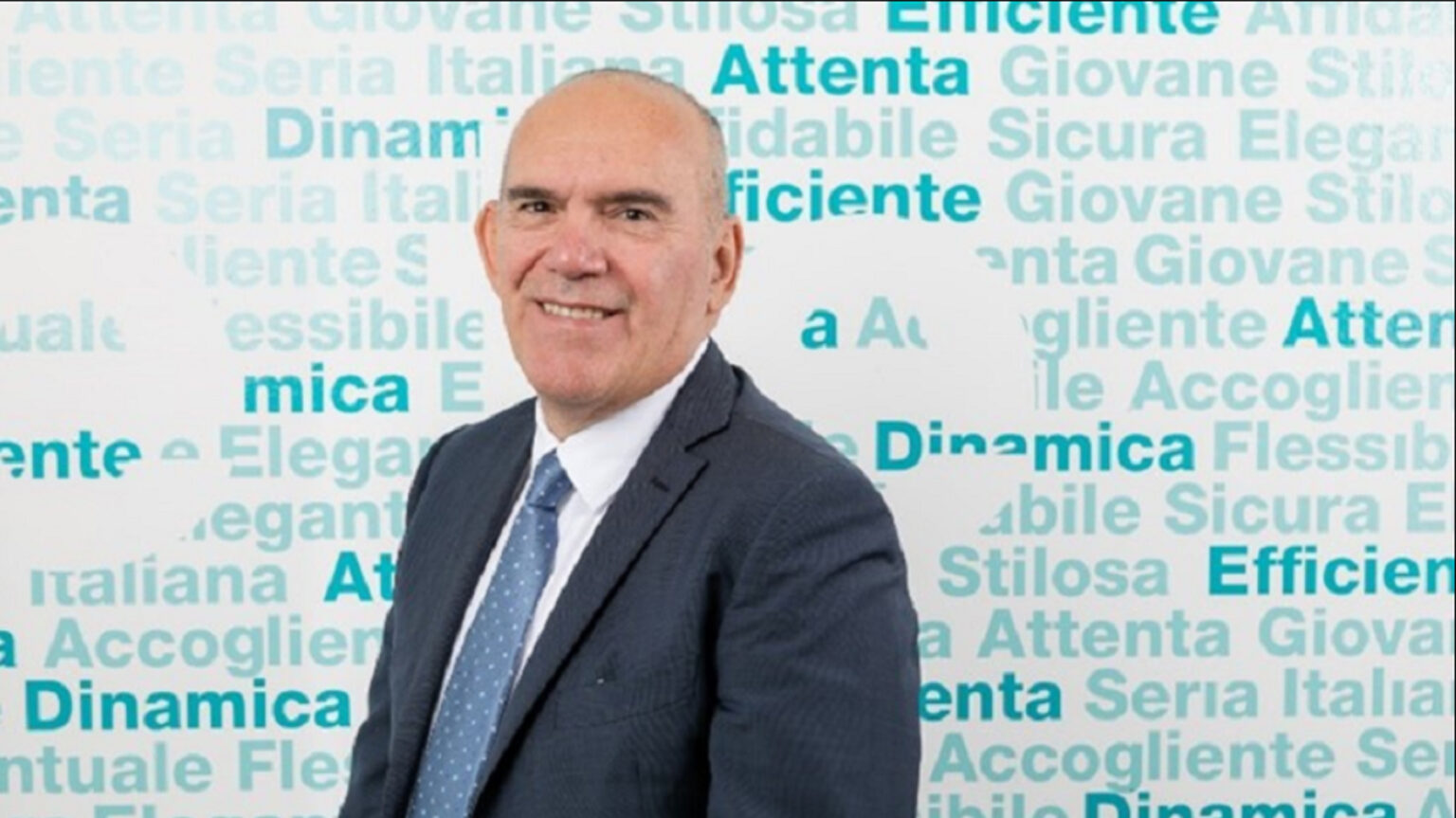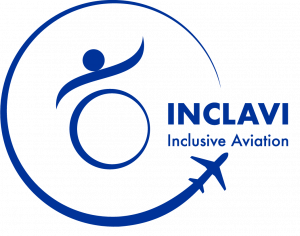Italian Aviation Spearheads Inclusive Travel Revolution
Captain Alberto Casamatti leads collaborative approach to transform air travel for passengers with disabilities. The original interview was done and published on IATA’s website.
By Martti Asikainen, 24/09/2023

In an industry first, Italian aviation stakeholders have united to tackle one of air travel’s most persistent challenges: ensuring that flying is accessible to everyone, regardless of disability.
“Flying should not be a privilege of a few but a traveling experience that everyone can enjoy,” says Captain Alberto Casamatti, Director General Operations & Accountable Manager at Air Dolomiti and a leading advocate for accessibility in Italian aviation.
Under the patronage of the Italian Ministry for Disabilities and ENAC (the Italian aviation authority), airlines, airports, tour operators, and disability associations have pioneered a collaborative “team approach” that is already yielding tangible results.
The project, led by Finland’s Haaga-Helia University of Applied Sciences and funded by the EU ERASMUS+ program, will participate in a special session focused on employment and education in the aviation sector during the forum.
“This represents an important opportunity to engage directly with industry decision-makers about accessibility challenges in air travel,” said Namrata Sethi, INCLAVI Project Manager. “Our curriculum addresses a critical gap in professional training across the aviation ecosystem.”
The Riga Aviation Forum, recognized as the most significant industry gathering in the Baltic region, will bring together leaders from major aviation companies, policy experts, stakeholders, and government officials to discuss current issues and emerging trends in the sector.
Breaking Down Barriers with 'ONE CLICK AWAY'
The partnership has launched the innovative ‘ONE CLICK AWAY’ project, which standardizes website icons and wording across Italy’s three major airlines, creating a consistent booking experience for passengers with disabilities. This seemingly simple change represents a significant step forward in simplifying travel planning.
“Until now, the approach has been largely unilateral and lacking coordination between involved parties,” Casamatti explains. “Airports and airlines have been pursuing the same objectives, but with little regard to each other’s needs.”
The Italian initiative has established a technical committee coordinated by ENAC that meets regularly to develop new solutions while simplifying operations. This structured collaboration enables stakeholders to identify barriers and implement targeted improvements.
Casamatti emphasizes that training is a critical component of accessibility efforts. “The employee hired to handle people with disabilities needs special training to provide a safe and dignified flying experience to every passenger with specific needs of care and attention,” he notes. Too often, staff lack awareness of passengers’ psychological needs, a gap that comprehensive training can address.
The Future of Accessible Aviation: Good Ethics and Good Business
Looking to the future, Casamatti envisions accessibility considerations being integrated into aircraft design and airport development from the outset. He also points out the business case for improved accessibility: “There are millions of people with different kinds of disabilities in the world, and the majority cannot travel alone. Making the flying experience easy and comfortable for them will enable airlines to sell many more tickets.”
The Italian model aligns with broader European efforts, including the INCLAVI (INCLusive AVIation) project co-funded by the European Union Erasmus+ programme. Launched in September 2022, INCLAVI addresses skills gaps in the aviation sector related to accessibility requirements in line with the EC Strategy for the Rights of Persons with Disabilities 2021-2030.
As other countries consider adopting similar approaches, Casamatti offers simple but powerful advice: “Talk to each other, listen to each other, identify the problems, and find a quick and lean solution to shared problems.”
The success of Italy’s collaborative model suggests that the path to truly accessible air travel lies not in isolated efforts, but in industry-wide cooperation focused on the ultimate goal: ensuring that the freedom of flight is available to all.


Inclusive Aviation (INCLAVI)
2022-2025
Follow us on LinkedIn

